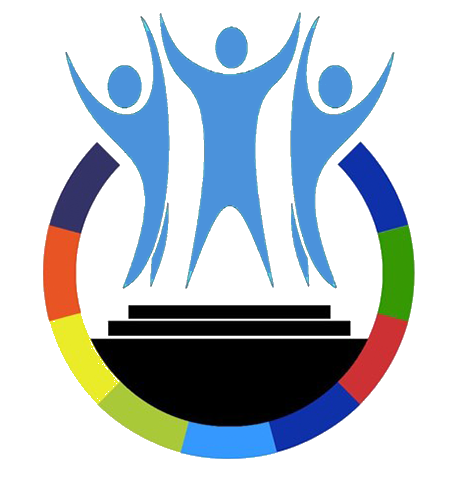

June 13, 2023
Health, Education, Economic Empowerment, Social Inclusion and Equity, Peace-Building and Security, Governance, Active Citizenship, Environment, Global Mobility, Agriculture
A. INVOLVEMENT. Involvement Opportunities: A. Provide social roles which give meaning and purpose to young people’s lives as per supporter, per educators, and/or leaders. B. Providing vehicle for changing negative social stereotypes, ethnic controls, and/ or legislation affecting the freedom and rights of group members. 2. ACCESS. Access to Positive Role Models: A. Exposure to peers who are positive role models and who have shown resilience in the face of adversity. 3. KNOWLEDGE. Knowledge and Skills Development: A. Education and Knowledge to help self and; B. Providing others the knowledge and skills they need to avoid risk or problem behavior. C. Developing positive coping skills and problem solving skills; D. Providing a safe environment to learn and practice life skills; E. Raising awareness of support available and developing skills to access support when needed; F. Being offered alongside other support services (e.g. Co-Located Youth Services Model.) 4. SENSE. Sense and Personal Agency/ Self Efficacy A. Providing suggestions and alternatives and outlining implication, rather than telling young people how to behave. B. Providing opportunities to experience a sense of mastery or accomplishment on rising to a chance. C. Helping young people identify their strengths and personal potential. D. Increasing confidence and developing a sense of personal agency to influence our future. 5. PARTICIPATING IN PEER-BASED PROGRAMS appear to be associated with the development of important assets. A. Increase self-esteem and confidence and confidence through helping others and being asked for helped. B. Increase awareness of personal strength and potential. C. Work Experience and Life Skills. D, Increased self-efficacy and belief in personal ability to access help and/or helping others.